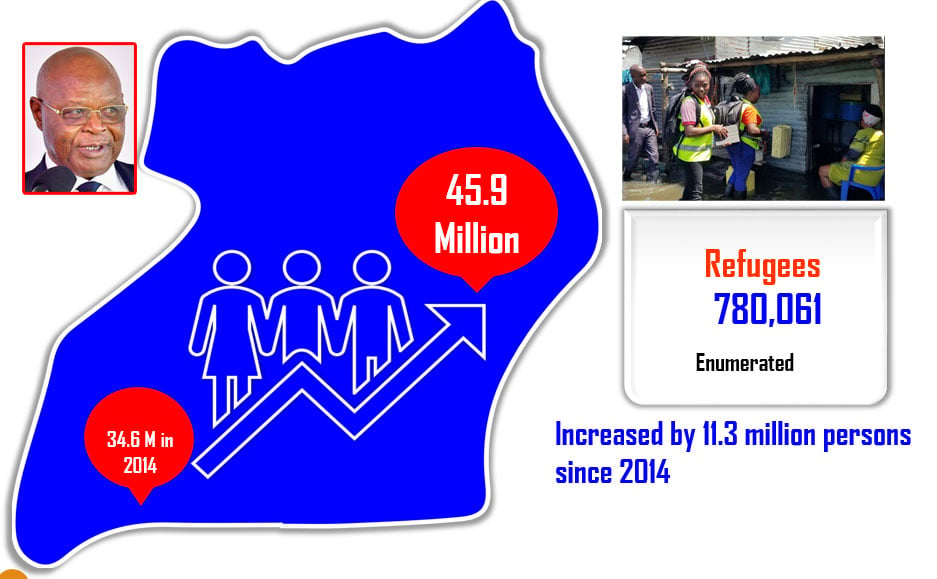Prime
Working away from the “office” is where the future lies

Jackie Ochola is the country director for Andela Uganda, a technology company that trains African students in the field of software engineering and connects them to companies around the world. PHOTO | COURTESY
What you need to know:
- Technological advancements have now made it possible for work to get done by teams that are geographically distributed and with appreciable success.
Andela was founded on the idea that brilliance is evenly distributed across the world. The question that often rings true is whether work that needs to get done will meet with the brilliance wherever it may be found. There appears to be a mismatch between the availability of people with the right level of skills where it is most needed, and where the skills can be found. This conundrum for employers exists in the immediate term and will likely worsen in the future with the differing global population trends.
Several developed economies have a shortage of some skills and the initial solution was to allow for work migration from other countries. And though the process is well established through migration programs like the US Green Card lottery, the UK’s Highly Skilled Migrants Program, or the Federal Skilled Worker program in Canada, it does not address every need nor work for everyone. In some cases, the skilled labour that is required by employers does not align with what is planned or permissible under the country’s immigration laws. Participation in a migration process and making the actual relocation can be quite expensive too. Affordability then becomes a barrier for some would-be skilled migrants seeking work opportunities.
For social reasons and the need to maintain connectedness with the familiar, moving for work may not be desirable for some people. Although the world is now a global village, perfect integration is still a wild dream in many locations across the world. These challenges exist across countries but also within countries. The perception that workers can only deliver their work when they are located in the workplace still holds strong for most organisations. As such, many workers spend productive hours travelling to and from work to fulfil the work-at-location requirement.
However, connecting people to work opportunities in a way that side steps all these barriers is no longer a luxury but a necessity of our times. The global economy demands that work does not stop when business hours close in any particular time zone. Attaining sustainability goals by making thoughtful choices in the way we live and work is an objective whose importance keeps growing.
Technological advancements have now made it possible for work to get done by teams that are geographically distributed and with appreciable success. The key benefit of remote and distributed work is that it opens up opportunities for people to work for and with global organisations. Remote teams working to the same global standards uplifts the quality of work and life all around. It has also been observed that diversity is a competitive strength and remote teams tend to have different dimensions of diversity.
The key enabler for remote and distributed work is to have high quality and reliable power and communication infrastructure that allows for always-on digital communication. The methods of work also have to be standardised across teams; in software development for example, it is common to hear about methodologies like agile project management being adopted by a team. The value of clear and timely communication in such a setting cannot be overstated. Distributed work requires self-discipline by each member of the team to do what is expected of them in a timely manner and to the highest standards. Ultimately, collaboration is the bedrock that belies the distributed work philosophy.
The challenge for every employer and investor therefore is to critically look at how the business is being run today and determine whether greater efficiencies could be achieved through remote work. The next step would be to have the courage to initiate the move towards making remote work a reality, by following the proven principles for remote and distributed work.
Ms. Ochola is the Country Director of Andela Uganda.




